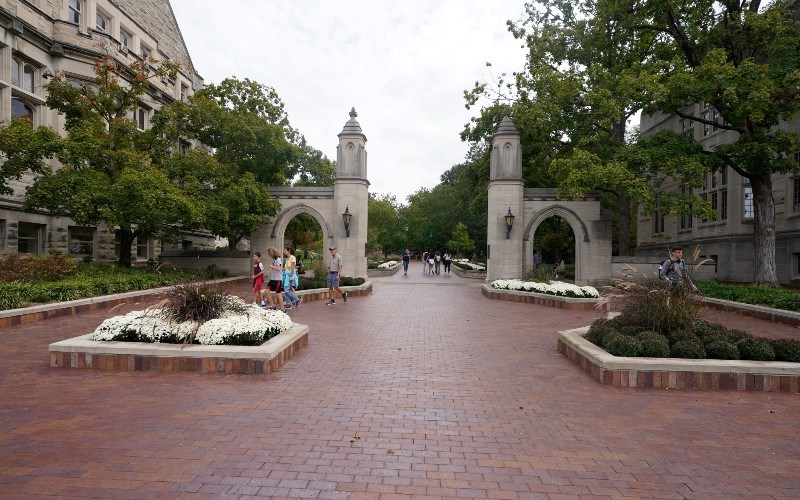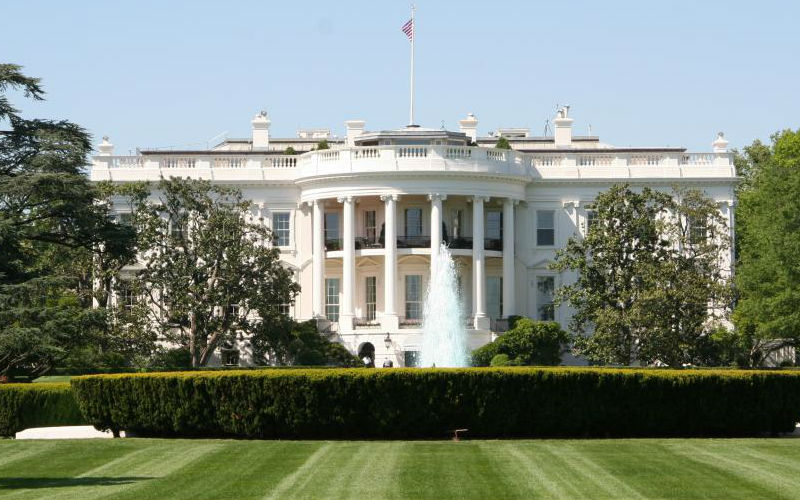Alfred A. Kinsey conducted his controversial research on sexual behavior at Indiana University (IU) in the 1940s and is now known for his books, "Sexual Behavior in the Human Male" (1948) and "Sexual Behavior in the Human Female" (1953), which contain sexual data on pre-adolescent children as young as two months old.
Laurie Higgins, a cultural issues writer for the Illinois Family Institute, says most people do not know the depth of his perversion.
"Not every American is aware of how truly sick that man was, but Indiana University surely [is]," she tells AFN.

While critics believe the data Kinsey gathered involving sexual abuse of children make him unworthy of celebration, IU released a press statement on its website on Friday praising Kinsey's research.
According to the press release, the statue's installation demonstrates the "ongoing commitment to equity regarding sexual diversity established by Kinsey's research." And considering America's downward spiral into sexual deviance and perversion, Higgins concedes that the statue is sadly appropriate.
"We are now reaching -- not quite, but almost -- the nadir of public perversion in America," Higgins laments.
All of Kinsey's data concerning children and adolescents reportedly came from a single pedophile who kept a diary of his experiences with 317 pre-adolescent boys – material that a former director of the university's Kinsey Institute once described as coming from "an extraordinary man with incredible numbers of sexual experiences on which he kept very careful notes."
It was only after Kinsey's death in 1956 that his collaboration with and protection of the serial child abusers was exposed.
The statue is on the university's Bloomington campus.
Related op-ed: The curse of Kinsey returns







